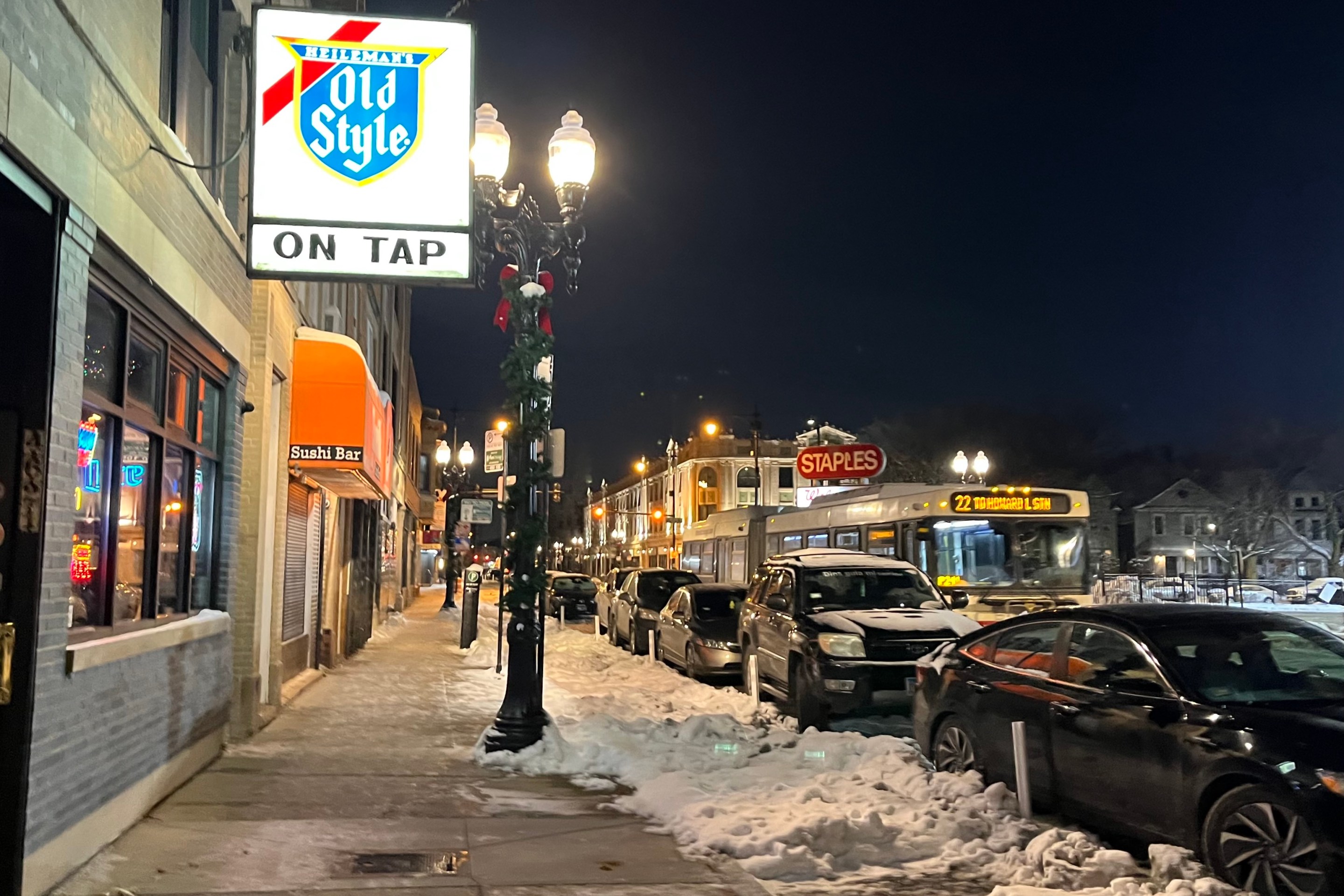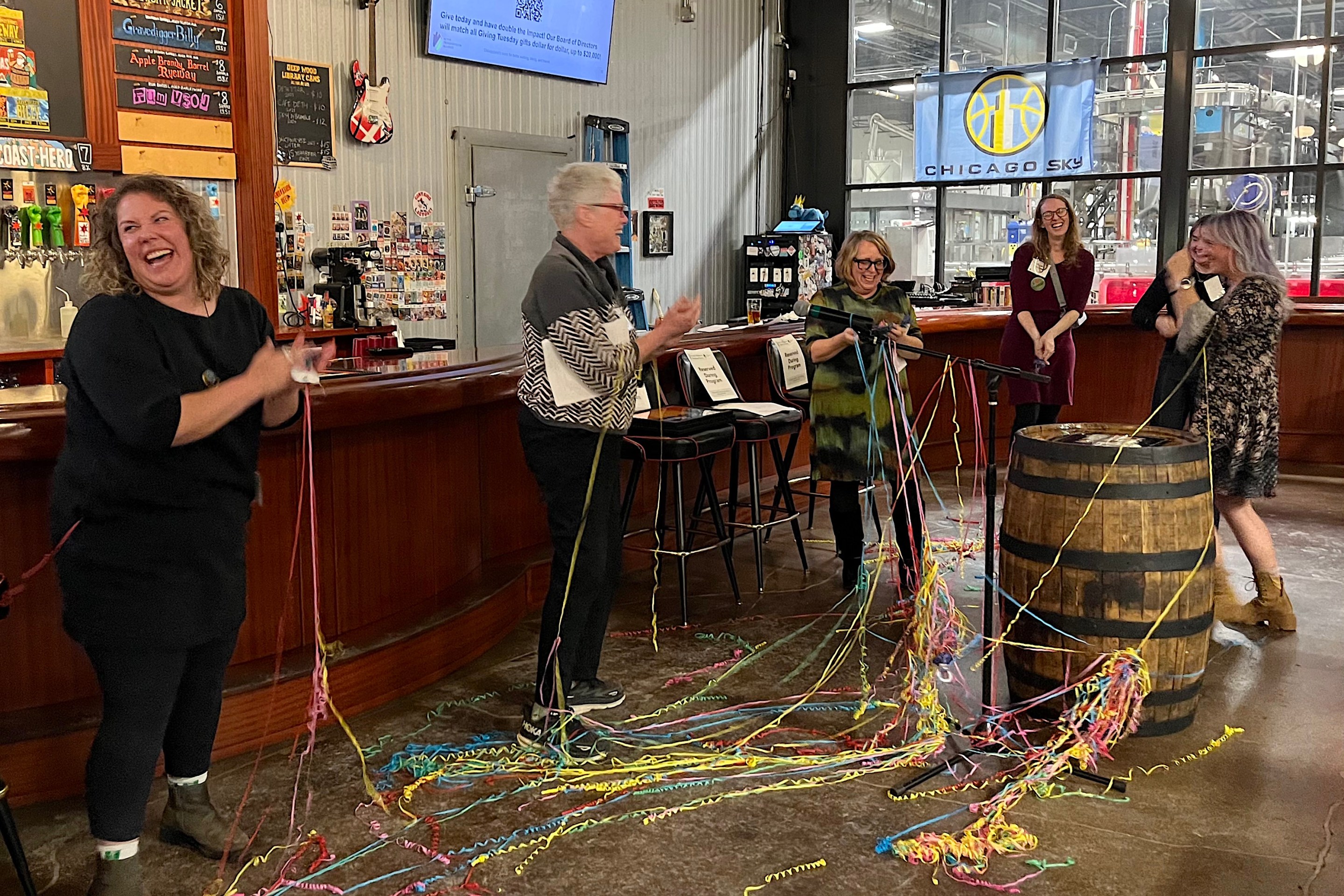When a House of Representatives committee passed a six-year transportation bill last Thursday, it marked a milestone in Washington's efforts to pass a long term transportation bill at long last. Problem is, the bill stinks.

Previous House transportation bills were non-starters because they blatantly attacked funding for transit. The extreme right-wing of the Republican Party is still trying to do that, but for the most part this bill holds funding for transit, biking, and walking steady. That doesn't make it a good bill, though, with the House GOP finding other ways to undermine transit.
Advocates for a 21st century transportation policy that addresses the inequity, inefficiency, loss of life, and climate damage built into the current law are panning the House proposal. Here's a sample of what they're saying.
The bill misses the point on safety, says Mariia Zimmerman:
What I find rather shocking, especially from a Republican Congress is that apparently safety is only about regulation. Each year more layers are added to the regulatory onion, with MAP-21 creating an entirely new safety regulatory role for the Federal Transit Administration (FTA). Yet when we look at the numbers killed on our transportation network: roughly 33,000 people die on roads each year, and less than 270 die on transit.[1] What would make people safer? Well, one solution could be to ensure they have access to safe, reliable and frequent transit. What makes transit safe? When the system is maintained. We’ve been tragically reminded of this in Metropolitan Washington DC where failure to maintain track, buy new and safer cars, and to adequately invest in training and communications cost people their lives. We can pretend the answer is more regulation, but really the answer is funding.
It shortchanges cities and towns, writes James Corless at Transportation for America:
The bill represents a major missed opportunity to give cities, towns and local communities of all sizes greater access and control over federal transportation dollars. We were disappointed to see a bipartisan amendment from Representatives Davis (R-IL) and Titus (D-NV) fail to be included in the final bill approved by the committee; an amendment that would have directed more funding to towns and cities of all sizes and increased transparency in how projects are selected.
Deron Lovaas at NRDC Switchboard gets into more detail:
Since state transportation departments are overly fixated on rural highways and often lack competence in addressing urban transportation even in states with many metro areas such as California. In the markup Thursday, a bipartisan amendment was offered and withdrawn by Reps. Davis and Titus that would boost suballocation to 67 percent. This is a popular idea. As T4A tweeted yesterday, "8 people spoke in favor of Davis-Titus proposal, and we heard that the amendment had enough votes for passage." However, Committee Chairman Bill Shuster blocked it, and many other amendments, in order to preserve the current deal (Did I mention he was a car salesman?).
It guts the valuable parts of environmental review, Lovaas says:
This harmful section of the House Committee's bill has proposed changes that NRDC and several other groups described in a letter to Congress, excerpted below:
- Elimination of Federal Environmental Review: MAP-21 allowed States to take over NEPA [National Environmental Policy Act] responsibilities. Despite that program never being subject to any evaluations, Section 1313 of this bill goes even further by establishing a pilot program to authorize approved states to conduct environmental reviews and make decisions regarding projects under State environmental laws. This would throw environmental reviews -- and potentially Clean Air Act protections -- into an uneven patchwork of state laws, many of which fall short of federal safeguards.
- Further Limitations on Public Input: Section 1305(g)(4)(B) of the bill would allow agencies to issue the final environmental impact statement (EIS) and record of decision (ROD) as a single document. Unwisely, this would not only eliminate a critical 30-day period where the public is allowed to evaluate the conclusions of the environmental study, but would also put enormous pressure on the decisionmaker to sign the ROD without any further consideration or input.
- Further Limitations on Alternatives Analysis: Section 1305(f) would severely undermine what the Council on Environmental Quality (CEQ) regulations describe as "the heart of the NEPA process" by restricting the ability of agencies to comment on alternatives and, even worse, possibly eliminating the agencies' ability to consider superior alternatives or citizen-introduced alternatives.
Elsewhere on the Network today: A Better Shreveport explains the local debate about building a new highway I-49 through the heart of the city. Move Arkansas says the way the state's Department of Highways and Transportation is structured as a constitutionally independent agency causes problems. And GJEL Accident Attorneys explains the safety upside of the "Idaho Stop," which is under consideration right now in San Francisco.




